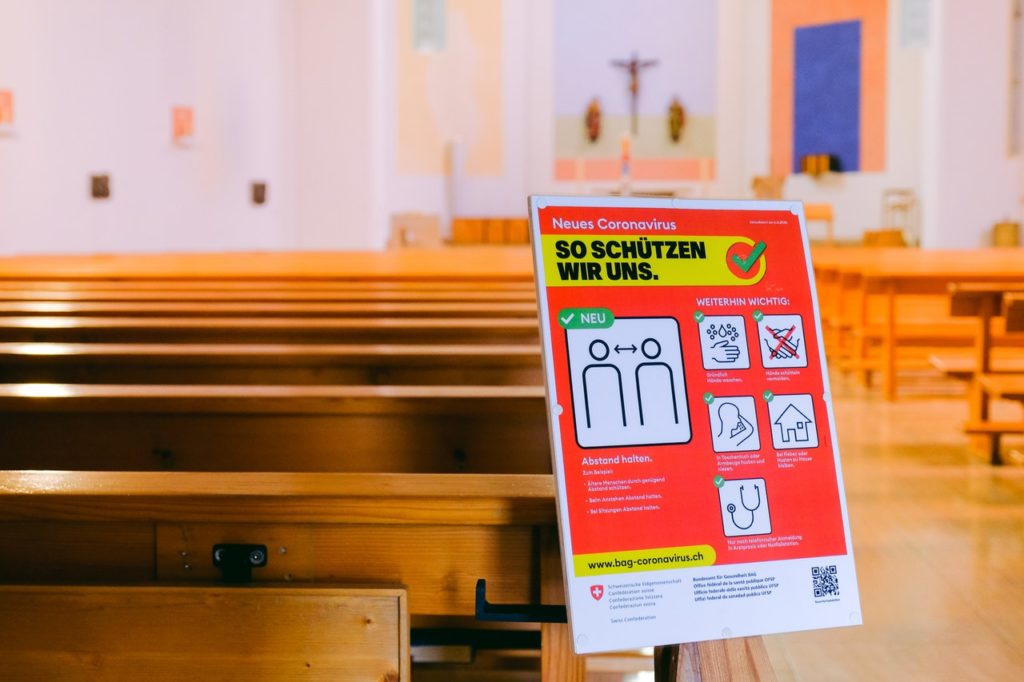
Epiphany is the manifestation or revealing of Christ celebrated in the Church tradition to commemorate the arrival of Magi from the East to pay their homage to Jesus and to offer their gifts made of gold, frankincense, and myrrh. However, this manifestation or epiphany of the Messiah would not have been possible without the arduous journey and trouble that these Magi undertook to seek and find the Messiah. Therefore, to me, the Epiphany is a reminder of the journey that you and I are on.
We must embark upon this journey by ourselves. There can be no proxy journeys! We cannot find the God Incarnate through someone else’s journey. We may have stories of others seeking and finding God and we must certainly learn from their experiences. However, one must decide to commence their own journey toward God. And God has offered in the past and continues to offer specific firsthand experience to those who seek Him. God promised through the Prophet Jeremiah:
Then when you call upon me and come and pray to me, I will hear you. When you search for me, you will find me; if you seek me with all your heart….
Jeremiah 29: 12-13 NRSV
In the New Testament, too, the writer of the Epistle of James encouraged us saying,
Submit yourselves therefore to God. Resist the devil, and he will flee from you. Draw near to God, and he will draw near to you. Cleanse your hands, you sinners, and purify your hearts, you double-minded.
James 4: 7-8 NRSV
Second, this journeying toward God is a lifelong quest. And there will be time on this journey of drawing near to God where we will find ourselves in troubles and even dangers just like the original Magi who ventured out on a long journey full of challenges including the threat from the political leaders of the time. However, they journeyed on until they found the Messiah. And they were willing to disobey king Herod to flee from Israel through a different and uncertain route. So, despite our challenges, notwithstanding where in our journey we may be, let us resolve along with the Apostle Paul, who after several decades of being on several strenuous missionary journeys, said:
Not that I have already obtained this or have already reached the goal; but I press on to make it my own, because Christ Jesus has made me his own.
Philippians 3: 12 NRSV
Lastly, in our journey toward the Almighty Creator God, the giver of Life, we will encounter all sorts of people who are at different stations of this journey. Since you have come so far or you have achieved great milestones, that others are still striving for, that should make you kind toward others. Let us resolve to offer help to those who you find tired on this journey. There may even be some who are bogged down with the unnecessary baggage they are carrying on this journey toward God. It could be the baggage of their culture, traditions, family background or upbringings. Let us resolve to be a source of encouragement to these fellow travelers on the road to seeking God, especially to those are exhausted for several reasons and want to give up the journey altogether. There may be people who are in the process of deconstructing their faith on this journey. You and I may not fully understand them and their quest, but we can decide to be empathizing and encouraging them and come alongside with them. Let us be people who root for them and encourage them to press on toward God.
Happy Journeying toward the Source of all Life!
2 Comments










